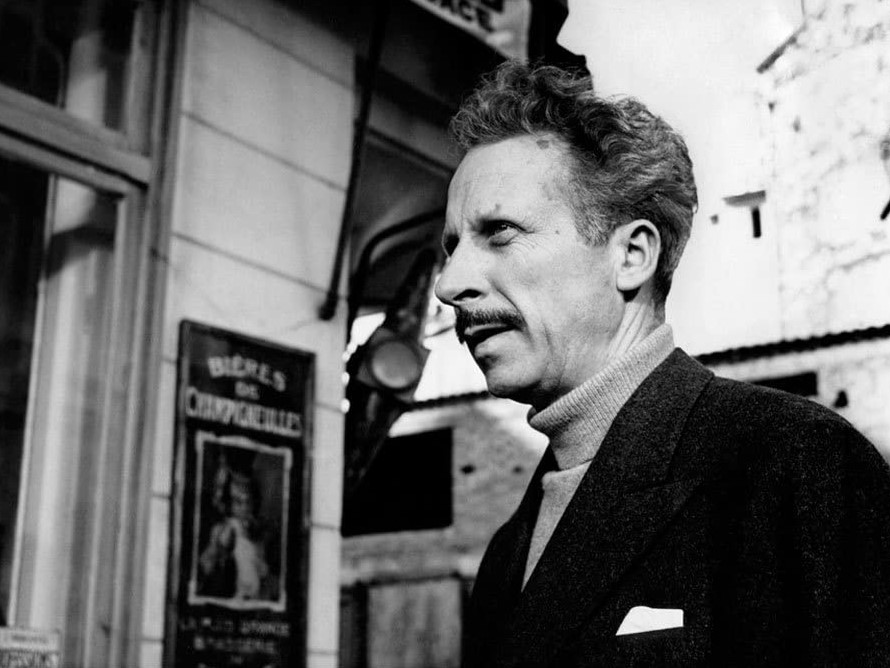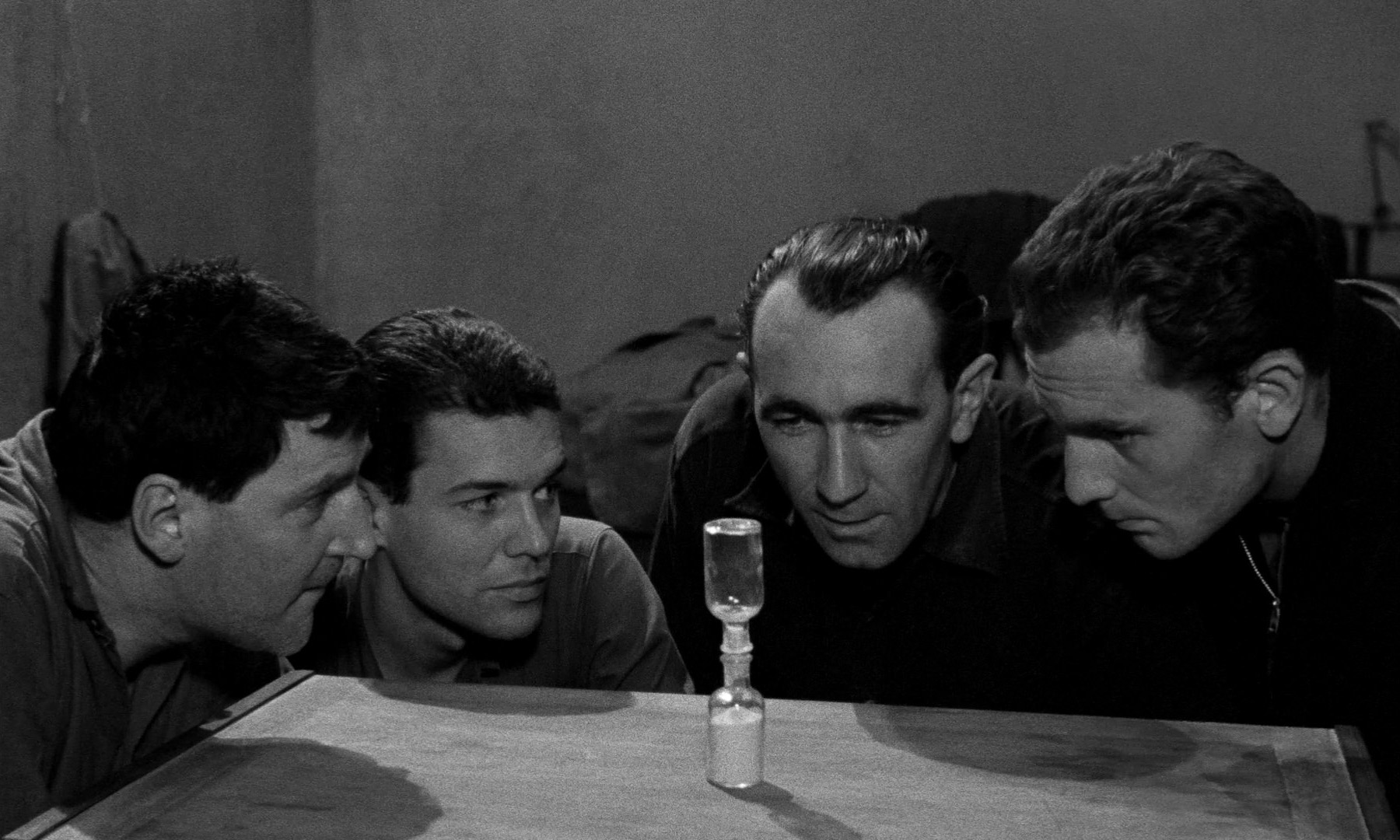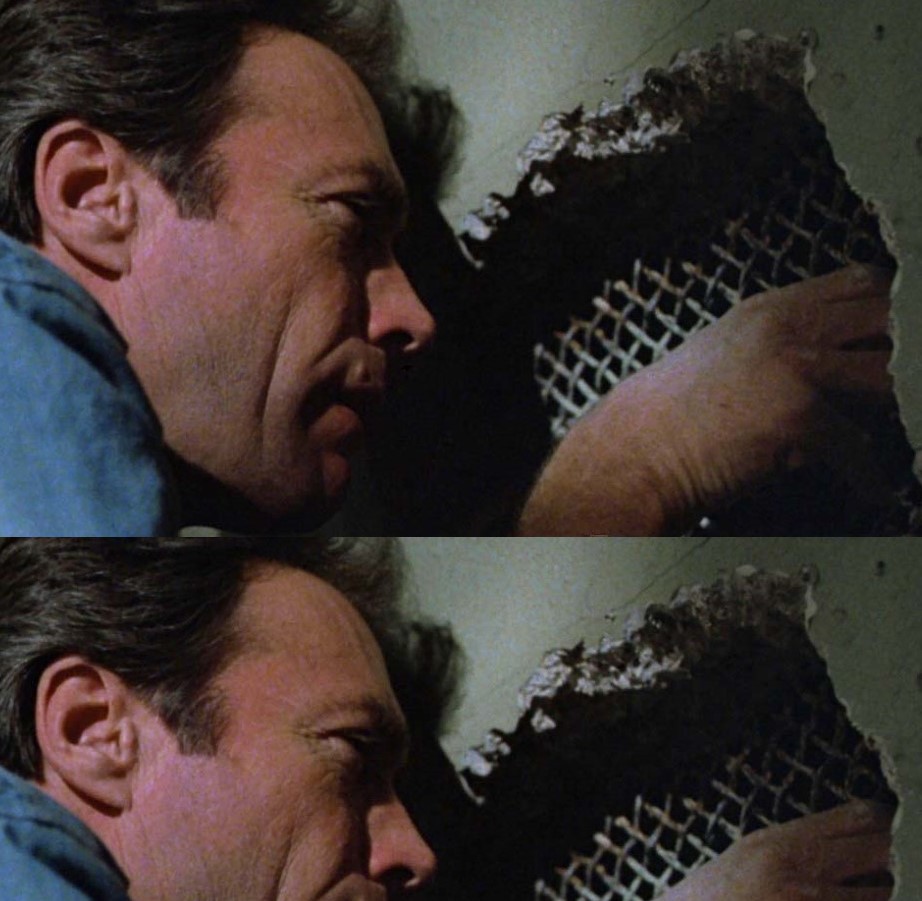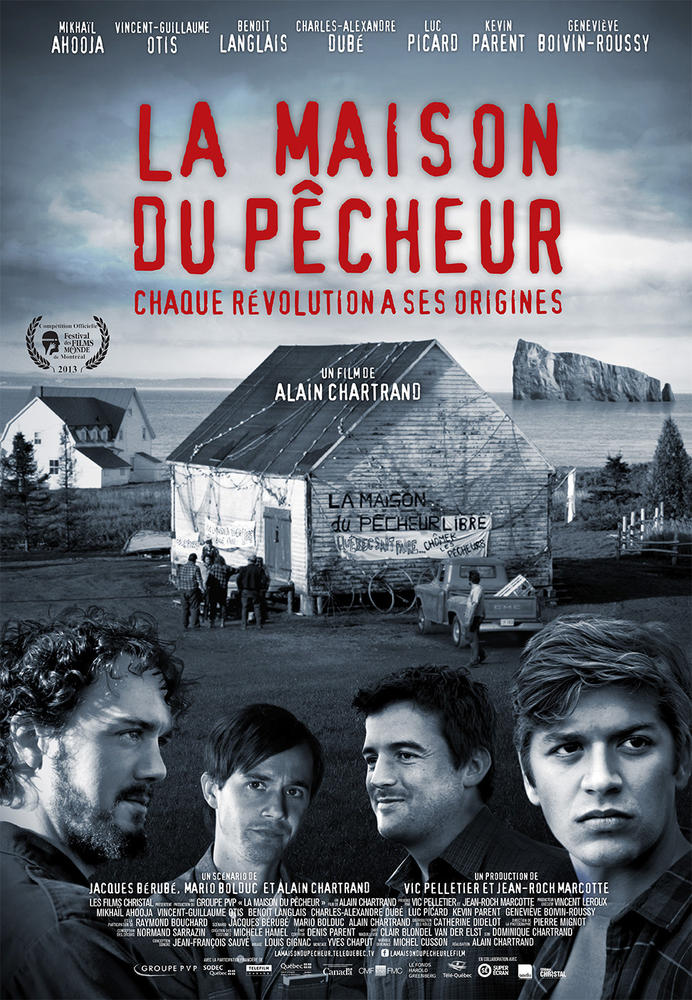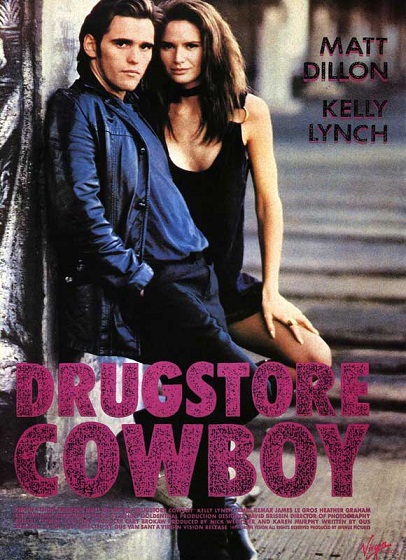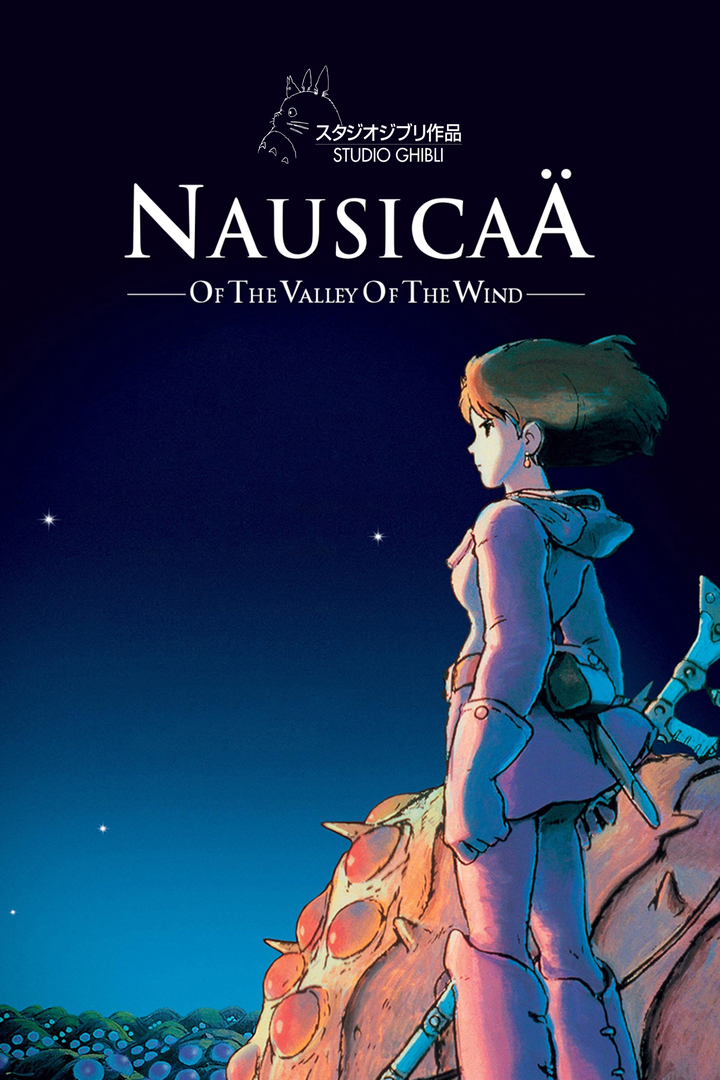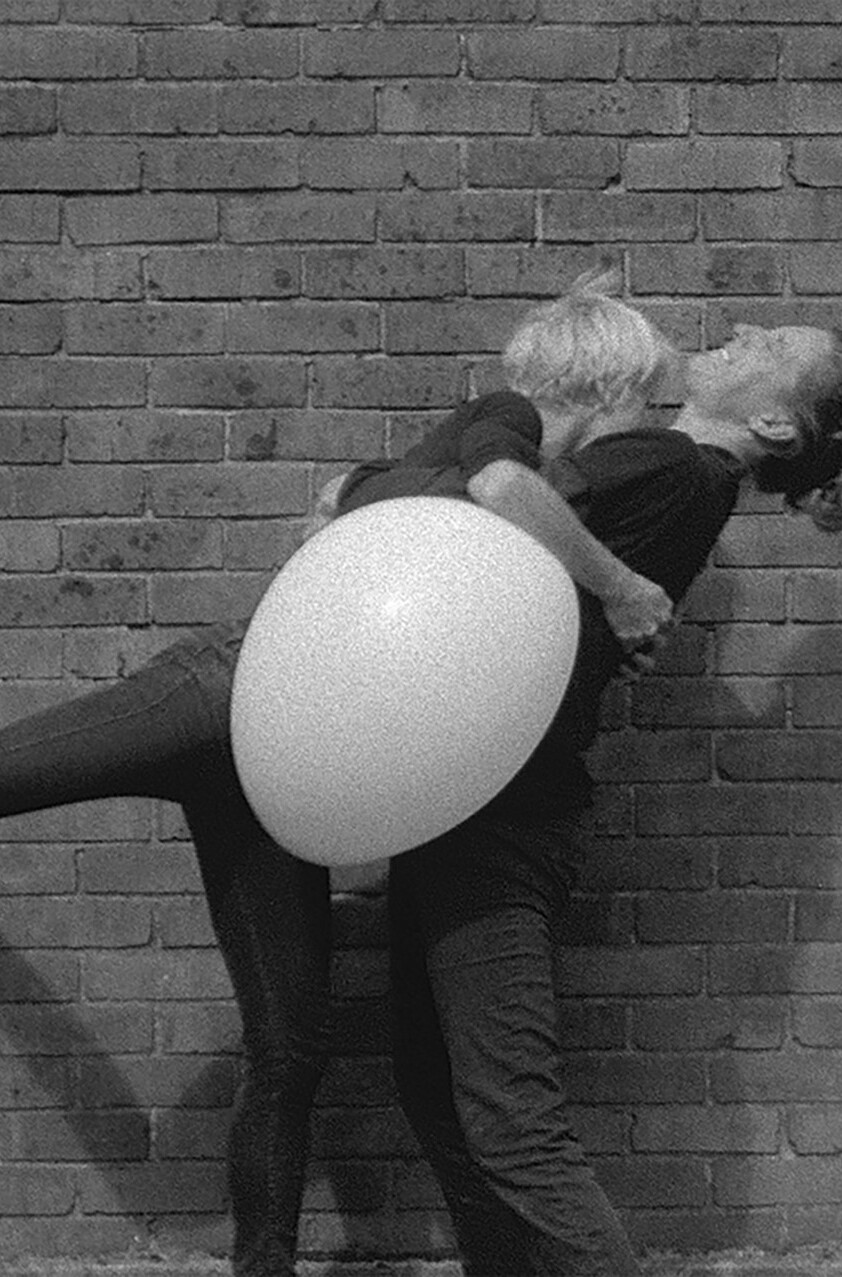The Hole
Cinema has always been fond of escape stories. Whether epic or intimate stories, war or prison film, tragedy or comedy, these tales reflect the injustices, violence and conflicts that tear people apart, as well as their propensity for solidarity and compassion. The inventiveness the characters devote to escaping is reminiscent of that of filmmakers who stage their imprisonment in order to better break it down: an always meticulous game, set against a backdrop of spatial constraints and a race against time.
Four prisoners decide to escape thanks to the plan of one of them, who has already managed to flee more than once...
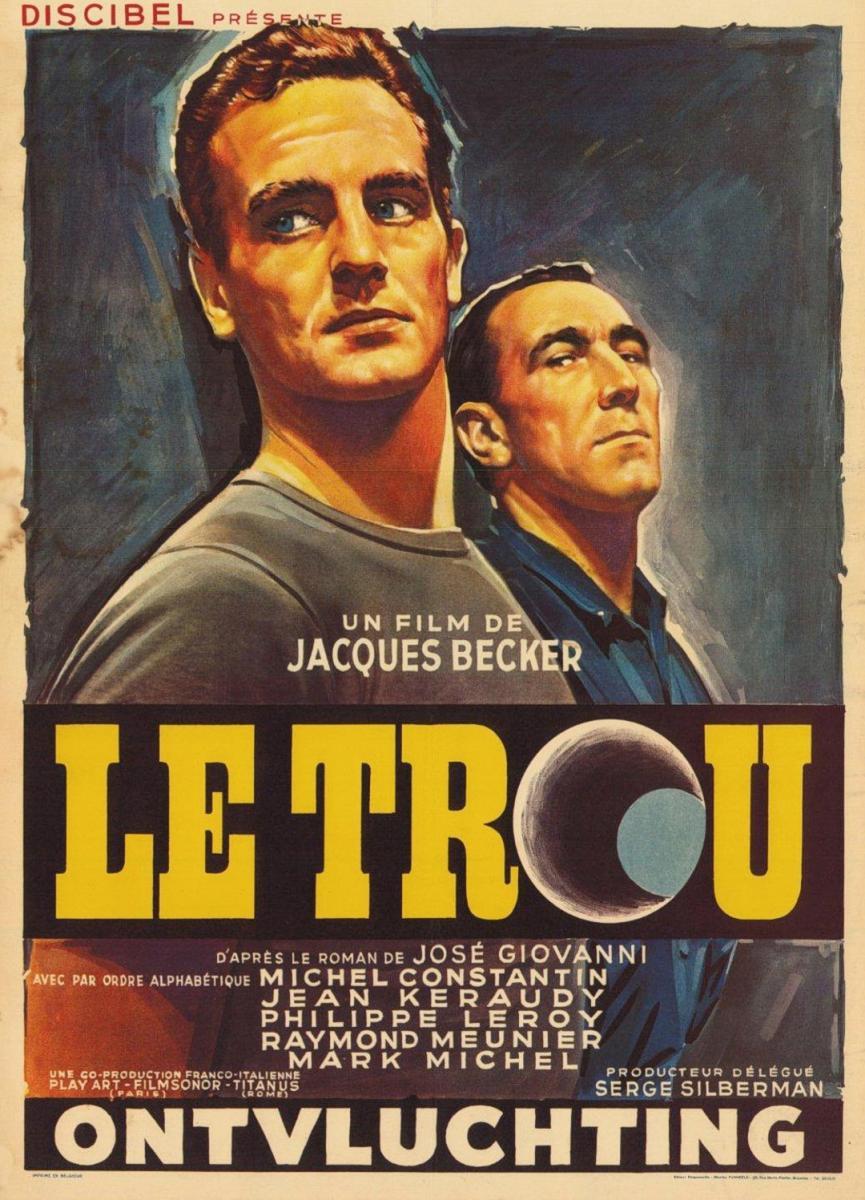
Jacques Becker
Jacques Becker was a French film director and screenwriter, father of the director Jean Becker. His films, made during the 1940s and 1950s, encompassed a wide variety of genres, and they were admired by some of the filmmakers who led the French New Wave movement. He began shooting his first film, Cristobal's Gold at the dawn of World War II, but filming was interrupted due to lack of money. It was completed by Jean Stelli while he was mobilized. As a prisoner of war, Becker directed the first of three films made during the Occupation, The Trump Card (1942), upon his return to Paris. After the war, he directed several comedies, including Antoine and Antoinette, which won the Palme d'Or at the Cannes Film Festival in 1947, and Rendezvous in July (1949), which earned him the Louis Delluc Prize. In 1960, he completed editing one of his finest films, his last: The Hole
